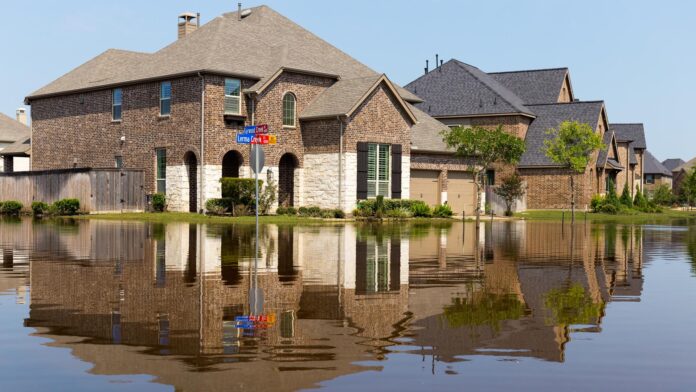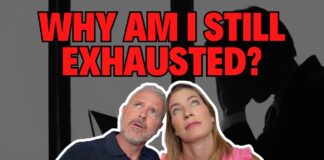Climate risks such as rains, floods and wildfires are raising the stakes for the housing market as well as for mortgage lenders and investors.
New Report Claims Mortgage Lenders and Investors Unprepared for Climate Change Risks
A new report by the Mortgage Bankers Association’s Research Institute for Housing America indicates that neither mortgage lenders nor real estate investors are not prepared to diminish or assess their risks in the face of climate change disasters. Among potential climate change disasters are record rains, flooding, wildfires, erupting volcanoes, rising tides, etc.
The author of this MBA report and former chief economist with Freddie Mac, Sean Becketti said, “They (mortgage lenders and investors) are anxious to figure out what to do but not sure where to go to find out (what to do.) They are unprepared but no longer unaware.”
READ: 2022 Top Agent Success Secrets [Revealed]: New FREE Real Estate Coaching Web Event, Revealing 17 Surprising Secrets Of The Top 100 $ Millionaire Agents. Get Your FREE Spot For The 2022 Real Estate Coaching Webinar Now. After You Have Attended This Event You Will Have A Huge Feeling Of Relief Knowing You Will FINALLY Laugh At Your Money Worries – You Will Have Your Own Personalized 2022 Step-By-Step Business Plan. Learn Now How To Generate 100’s of Motivated Leads for FREE, Without Coming Off As A Pushy Salesperson and Losing Your Soul. You Will Soon Know How To Become One of the 1000s of Agents Making HUGE Money Who Never Thought They Could. YES, I Want To Attend The FREE Webinar! <——Click To Register
P.S. Free Webinar, Limited Space. Less Than 300 Spots Still Available.
Multiple Mortgage Stakeholders
Because there are many fingers in the real estate pie, this industry has many stakeholders that could well be affected by climate change risks.
Think consumers, landlords, builders, appraisers, insurance companies, mortgage originators and servicers, government agencies, government-sponsored enterprises (Fannie Mae and Freddie Mac), private real estate investors, and mortgage lenders/ investors.
Uncertainty for Stakeholders
Let’s begin with the additional stress climate change is putting on government entities such as the National Flood Insurance Program and the Federal Emergency Management Administration. Both of these outfits are already woefully underfunded and precariously understaffed. Climate change risks, according to this report, could increase mortgage defaults and prepayment risks, destabilize already volatile home prices, spur selective restrictions applied to the types of loans sold to the GSEs, restrict and delay emergency and insurance relief to affected homeowners/borrowers and even ignite substantial climate migration.
All of this and more could tighten due diligence requirements in risk-prone locations and, of course, substantially affect home values and the values of mortgages backing those homes.
All of these mortgage stakeholders, including insurance companies to whom many of these stakeholders look for “answers,” are “…wondering what to do next more than anything else. There haven’t been any rule changes that affect the firms in the mortgage market, but they’re being contemplated,” said Becketti.
Potential Climate Foreclosure Crisis?
After Hurricane Harvey in Houston in 2017, 80% of the homes located in federally declared disaster areas had no flood insurance. Mortgage delinquencies on those damaged and mostly uninsured homes spiked more than +200%, according to CoreLogic.
Now multiple spiking mortgage delinquencies in all federally declared disaster areas hit by flooding, landslides, erupting volcanoes, wildfires, torrential rains, you name it. A potential climate foreclosure crisis could become a reality.
Measuring Climate Change Risks?
The ramifications of climate change risks go on and on but the central question is, “How do we best measure such risk?”
The answer, for now anyway, is there is no standard measurement for risk.
When there is no standard measurement for risk, or for, as Bill Dallas, president of Finance with America Mortgage, said, “analyzing acts of God,” many mortgage stakeholders and investors “…will have to act more as actuarial insurers than mortgage lenders…” Many of those stakeholders and lenders may simply step away and not buy loans due to such undeterminable risk.
And then the question becomes, “What would the mortgage market do if it had less liquidity?”
Thanks to CNBC.























